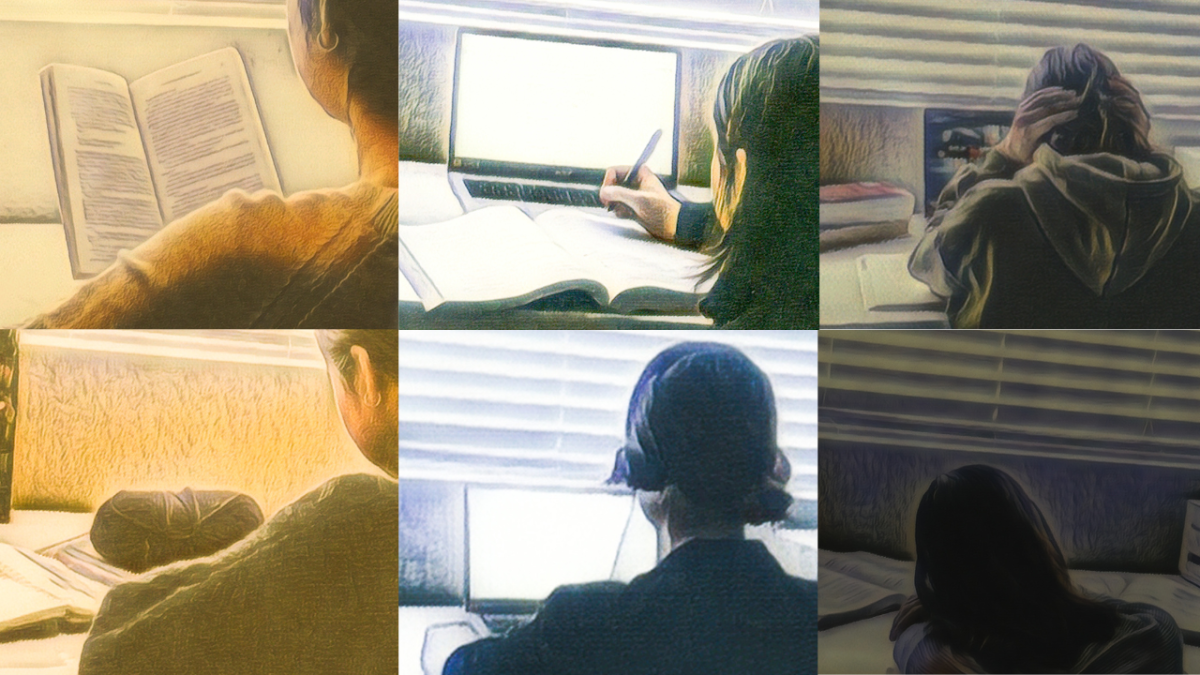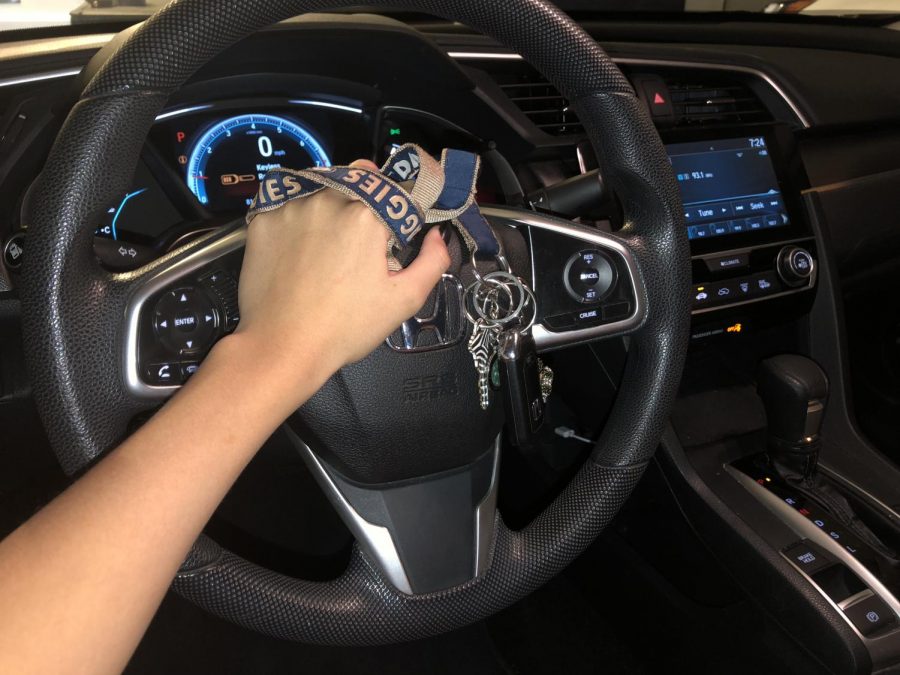Teen Driving: Go or No Go?
(Photo Courtesy of Sarah Meadows
One of the most popular cars for newly licensed teen drivers is the Honda Civic.
October 21, 2018
The American Sweet 16, characterized by extravagant parties and extravagant cars, is an event that society holds rather high. Not too far from the truth, movies spread depictions of teenage boys and girls celebrating their 16th birthday as if it were their last year on Earth. While endless parties, gifts, and friends may merely be “for the fun of it,” driving at the age of 16 is a rather controversial matter as it directly affects the lives of new drivers as well as veteran drivers.
Traveling deeper and deeper into the school year, more and more sophomores are starting the process of driving. Tedious but worthwhile, the process begins when a student nears their 15 and a half birthday. At this point, the student should begin to sign up for a Driver’s Education Program, such as Teen Driving Academy in Placentia. Completed either online or in a classroom, the student must put in a set number of hours of reading and taking quizzes on the California Driver’s Handbook. Once completed, a certificate of completion will be shipped to the student’s residence, which thus allows them to schedule their provisional license test, also known as their written permit test, with the DMV. This date can be scheduled as early as the student’s 15 and a half birthday. After passing the permit test, which can be taken up to three times, the student officially has his or her permit. However, they are not legally allowed to drive with a licensed driver 25 years or older until they complete their first behind the wheel. Immediately after the student passes their permit test, it is suggested to schedule their first behind the wheel with the same driving academy in which business was previously done. There are six hours of behind the wheels, which allow the student to receive professional advice on the road, assisting them with driving techniques necessary to pass the license exam. Six months after passing the permit test, the student may schedule a license exam. Once passed, the student finally has their license.
Unequivocally, the controversy, justified as it is, regards whether or not this process is too early to complete as a mere 16 year old. Obviously, ask anyone of this age and they will say they are mature enough to take on driving. For instance, Leila Shook (10) explained that, “driving at the age of 16 is reasonable, without a doubt. If 16 year olds were too immature, then the government would increase the legal driving age.” Despite Leila’s mature mindset, the other 75% of 16 year olds are far more unaware. So should they ruin the privilege of driving at such a young age for those who genuinely deserve it? Ask almost any teacher or adult who deals with this age group every day, and it can be inferred that they believe the bad ruin it for the good. Laws must be universal and must not be subject to change per each citizen. So why does everyone receive the reward rather than everyone receiving the consequence? It is obvious that rewarding the undeserving can cause problems. According to “DoSomething.org,” the article, “11 Facts about Teen Driving,” describes that, “56% of teens said they talk on the phone while driving.” The high number of car crash mortalities among teens is no surprise. Thus, driving is a responsibility, not a right, so it important that those who have this privilege, treat it right: responsibly.





































